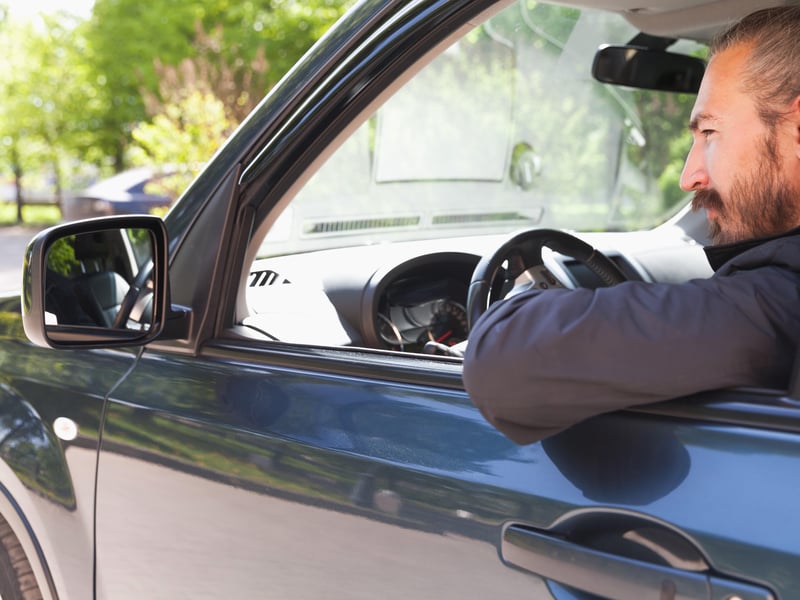Get Healthy!

- Cara Murez
- Posted November 2, 2022
Most Americans Admit to Driving While Drowsy: Poll
Most people consider drowsy driving dangerous, but an estimated 37 million Americans still get behind the wheel at least once a year when they're so tired they can barely keep their eyes open.
About six in 10 people admitted to drowsy driving in a new survey by the National Sleep Foundation (NSF).
"Drowsy driving is impaired driving,"said Joseph Dzierzewski, the foundation's vice president of research and scientific affairs. "We see that while most Americans believe drowsy driving is risky, they still drive when not fully alert. The good news is -- drowsy driving is preventable."
In a survey conducted this fall, nearly 20% of respondents were overly confident in their ability to drive after sleeping two hours or less the previous night.
Respondents who said they get the recommended amount of sleep -- about seven to nine hours per night for adults and eight to 10 for teens -- were less likely to drive drowsy.
Members of historically excluded groups were at higher risk for drowsy driving, according to the NSF, which said it may be an issue of sleep health equity. (In a position statement issued earlier this year, the foundation noted that people of color in the United States are disproportionately affected by poor sleep health and sleep disorders.)
An estimated 6,400 people die in the United States each year because of car crashes linked to drowsy driving, according to the NSF.
"At NSF, we are dedicated to helping everyone prioritize their sleep,"CEO John Lopos said in a foundation news release. "As we mark the 15th anniversary of Drowsy Driving Prevention Week, we hope to educate the public on the importance of getting the sleep they need and reduce the number of drivers who choose to get behind the wheel while sleep deprived."
If you aren't getting enough sleep to be your "best-slept self," you may be unfit to operate a motor vehicle, Lopos added.
The foundation said drivers should plan to take a companion on long trips to help look for signs of drowsiness and help driving when needed. A good driving companion stays awake to talk to the driver, the NSF said.
Take regular stops, the experts urged, about every 100 miles or two hours.
The foundation noted you may be drowsy if you're frequently blinking, yawning or having difficulty with lane and speed control.
More information
The U.S. Department of Transportation has more on safe driving.
SOURCE: National Sleep Foundation, news release, Nov. 2, 2022






